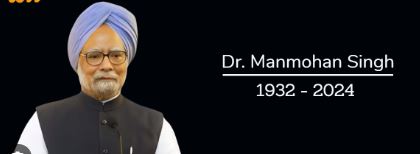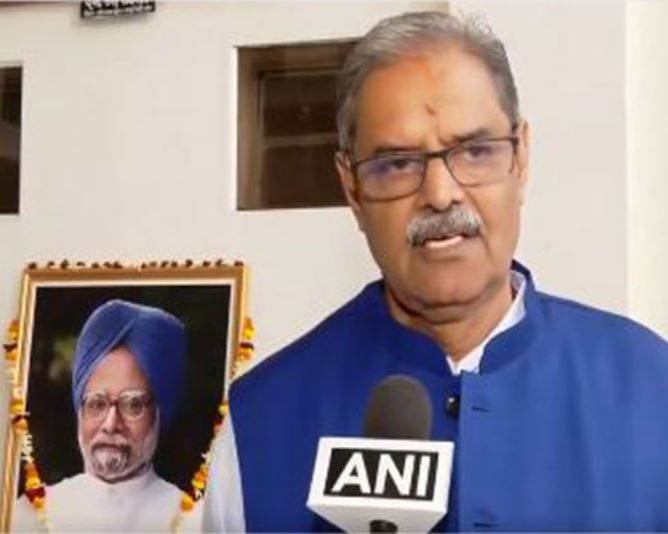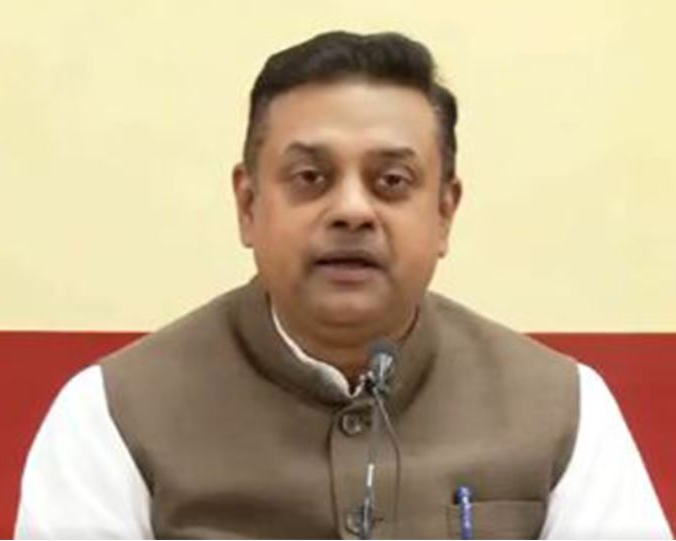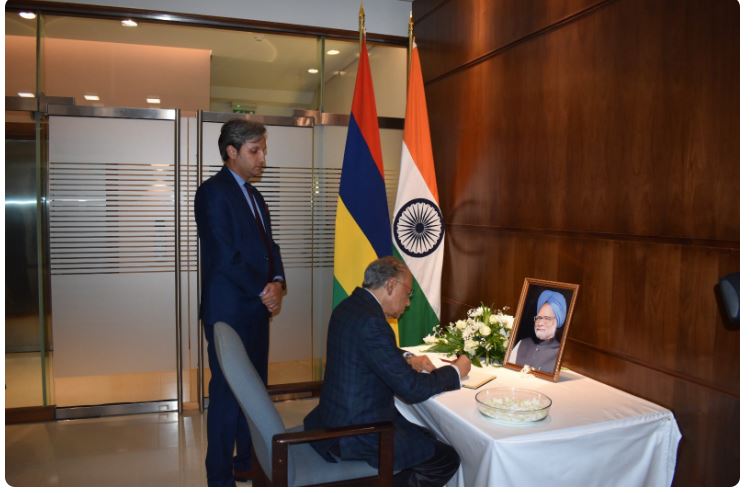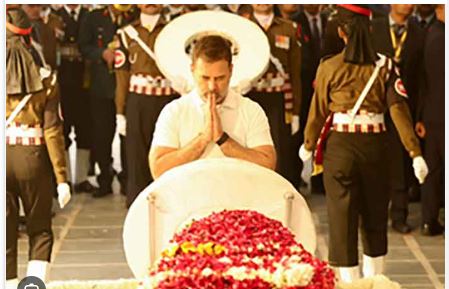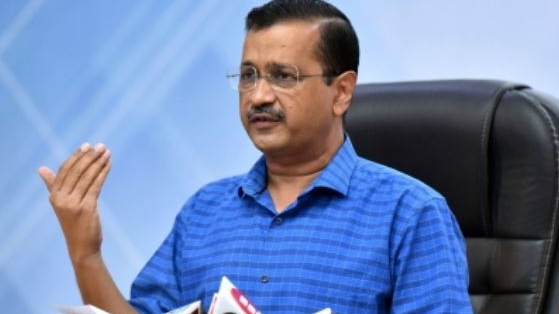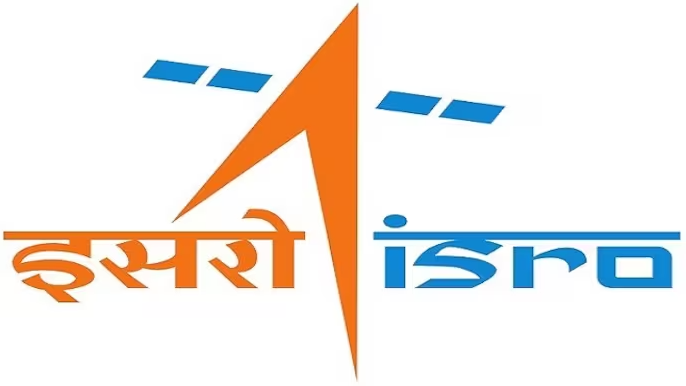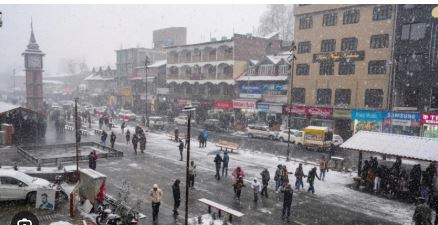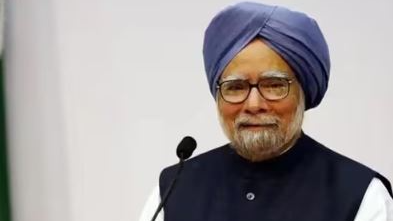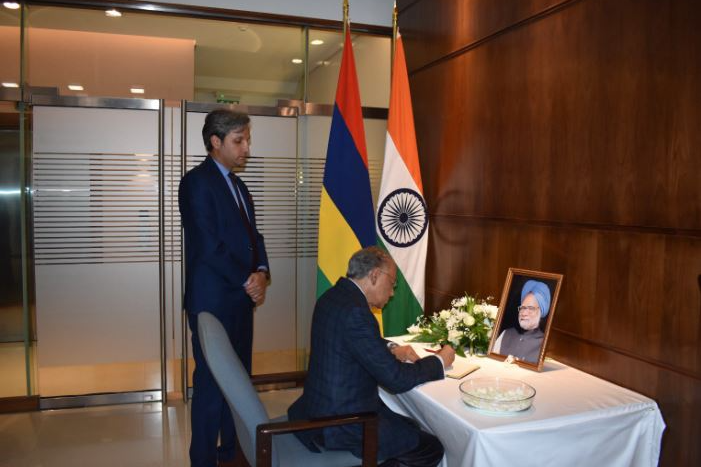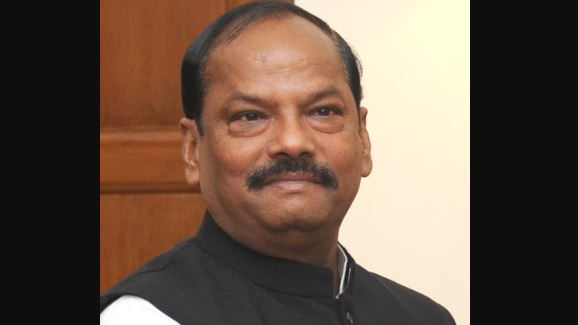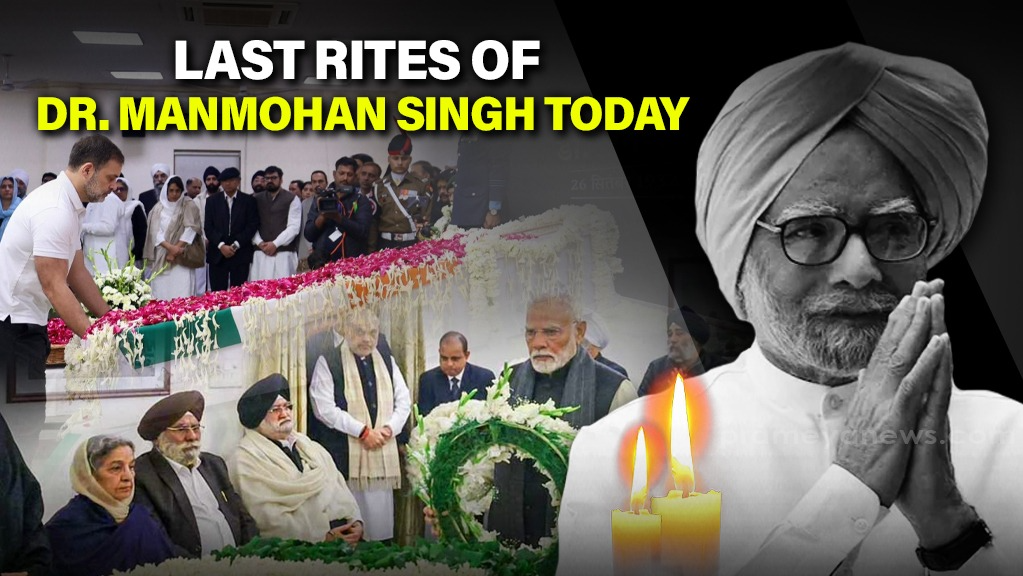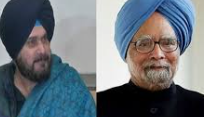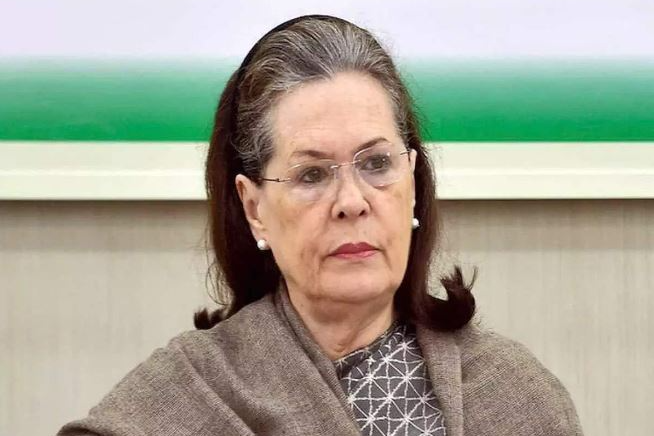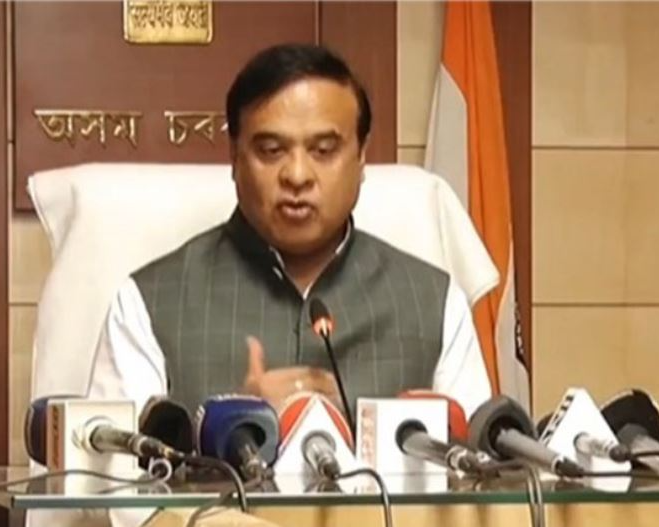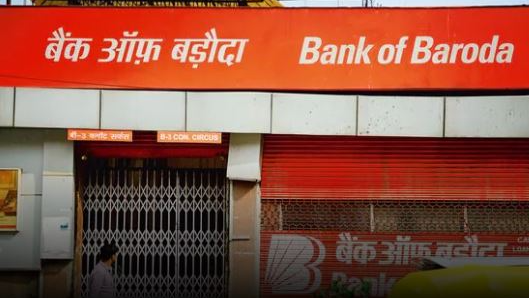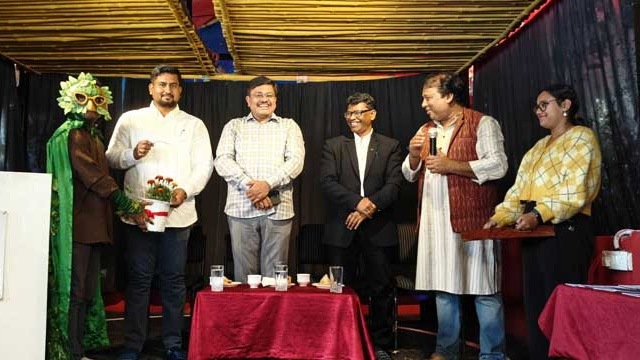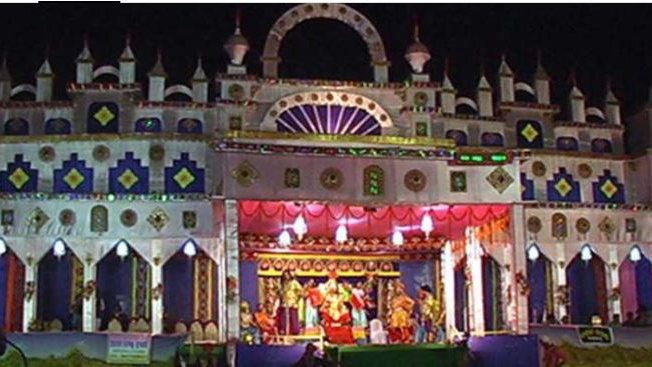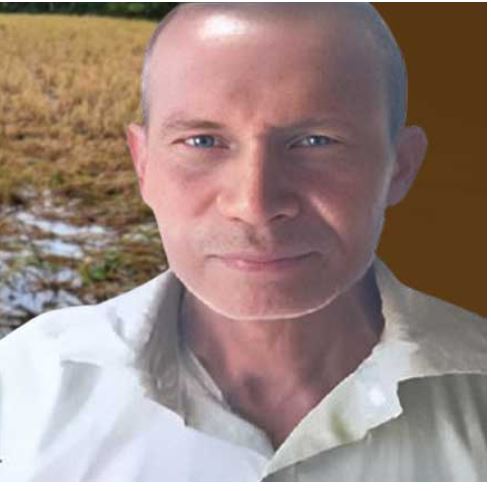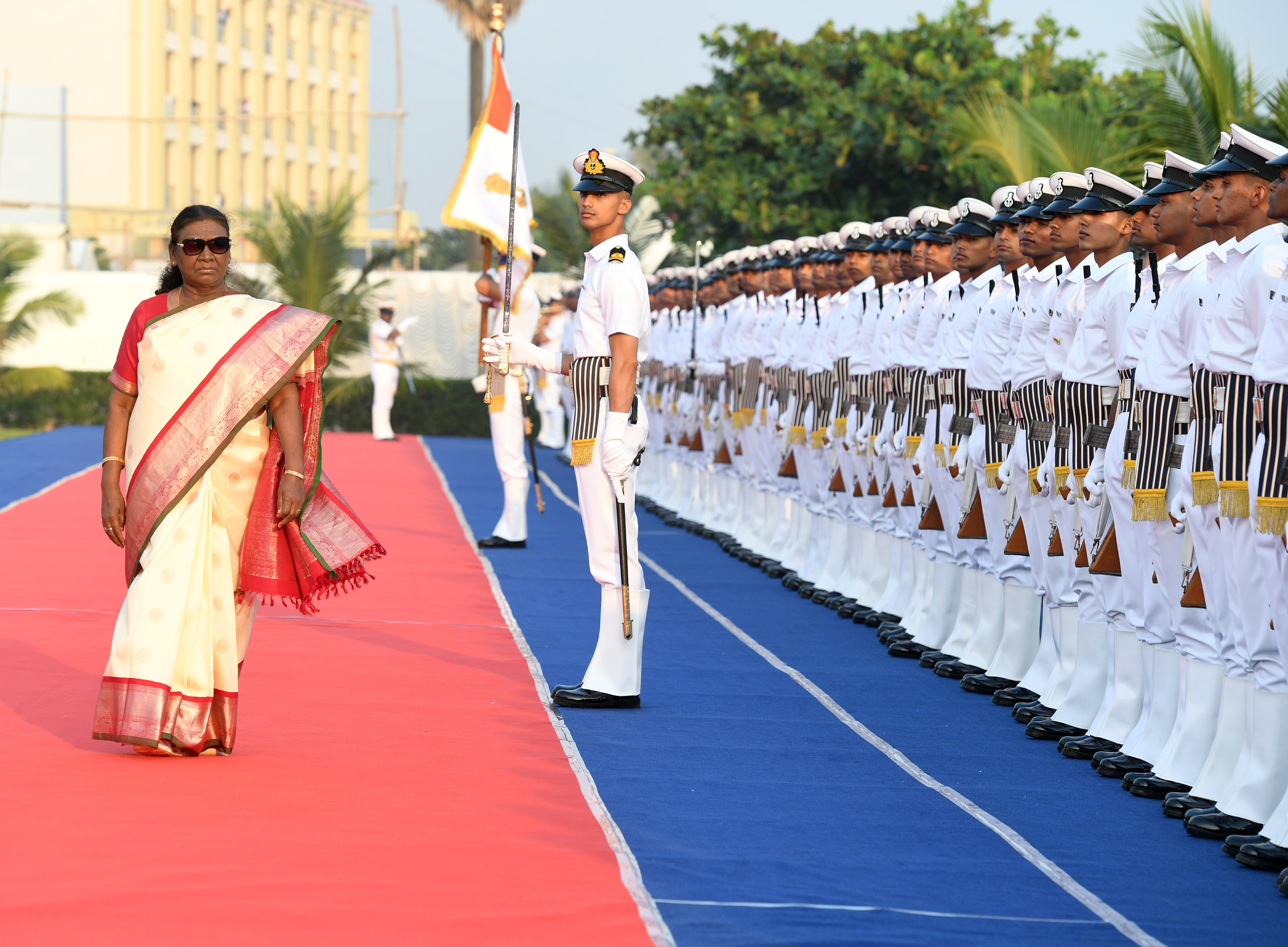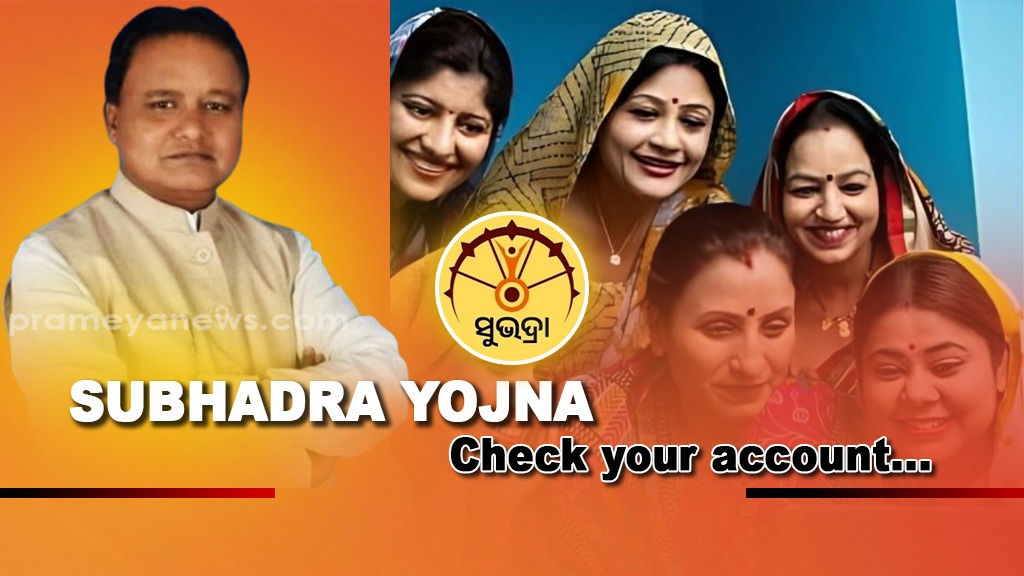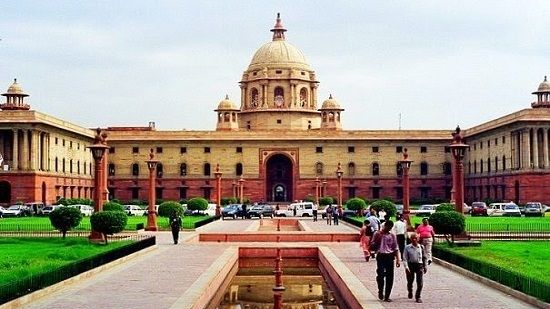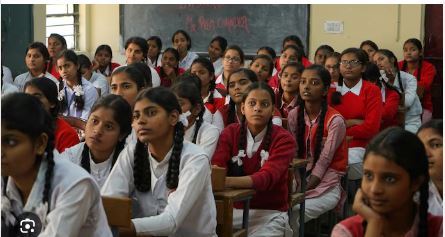Bhubaneswar, December 28: A scholar, economist, and an unlikely yet resolute politician, former Prime Minister Manmohan Singh, passed away on Thursday night at AIIMS in New Delhi. He was 92.
Renowned for his pivotal role in steering India toward economic liberalization, Singh’s vision pulled the country back from the brink of financial collapse in 1991, unshackling it from the constraints of the licence raj. As the architect of India's economic reforms, he laid the foundation for the nation's growth and prosperity.
A man of humility and wisdom, Singh served as India’s Prime Minister from 2004 to 2014. Before that, he was the country’s finance minister, celebrated globally for his contributions to financial and economic policymaking. His government introduced transformative initiatives such as the Right to Information (RTI), Right to Education (RTE), and the Mahatma Gandhi National Rural Employment Guarantee Act (MGNREGA).
Born on September 26, 1932, in Gah village, now in Pakistan, Singh overcame early hardships, including studying under the dim glow of kerosene lamps in his electricity-less village. He went on to earn a First-Class Honours degree in Economics from the University of Cambridge in 1957 and a D.Phil in Economics from Oxford University in 1962.
Singh's illustrious career included academic roles at Punjab University and the Delhi School of Economics, alongside various key positions in Indian and global institutions. His journey in governance began as an economic advisor in 1971, progressing to roles such as the Governor of the Reserve Bank of India, Deputy Chairperson of the Planning Commission, and Chairperson of the University Grants Commission.
In 1991, Singh was appointed Finance Minister under Prime Minister P.V. Narasimha Rao. At a time when India struggled to finance essential imports, Singh’s reforms transformed the nation’s economy. By 1992, he had successfully repurchased the gold pledged during the crisis, setting the stage for India’s financial resurgence.
Stepping into politics almost reluctantly, Singh became a Rajya Sabha member in 1991. His tenure as Prime Minister, beginning in 2004, was marked by a unique partnership with Congress leader Sonia Gandhi, reflecting a model of effective collaboration despite inevitable political challenges.
Singh’s leadership faced significant hurdles, including navigating a confidence vote over the Indo-US nuclear deal in 2008, which his government narrowly survived. Though his tenure ended under the shadow of corruption allegations against the UPA, Singh maintained his dignity and defended his record, famously stating, “History will be kinder to me than the contemporary media or opposition.”
Tributes poured in following his passing, with Congress President Mallikarjun Kharge remarking, “Undoubtedly, history shall judge you kindly, Dr. Manmohan Singh Ji!”
Manmohan Singh was not just a political figure but a towering intellectual who left an indelible mark on India’s governance and economic landscape. His legacy is a testament to integrity, quiet strength, and an unwavering commitment to the nation.
He is survived by his wife Gursharan Kaur and three daughters, who, like Singh, led lives of quiet dignity.
As India mourns his loss, his words echo as a reminder of democratic responsibility: “We are here today, gone tomorrow. But in the brief time that the people of India entrust us with this responsibility, it is our duty to be honest and sincere in the discharge of these responsibilities.”








